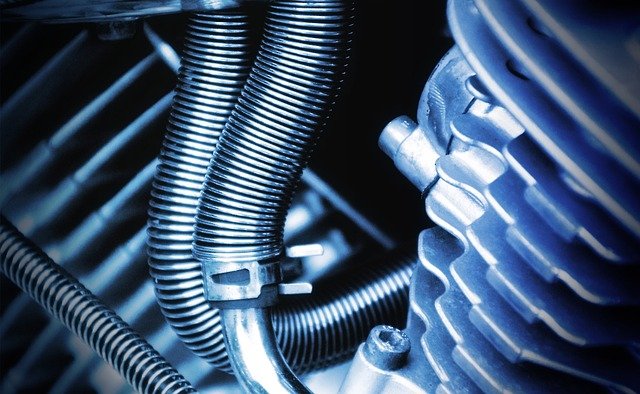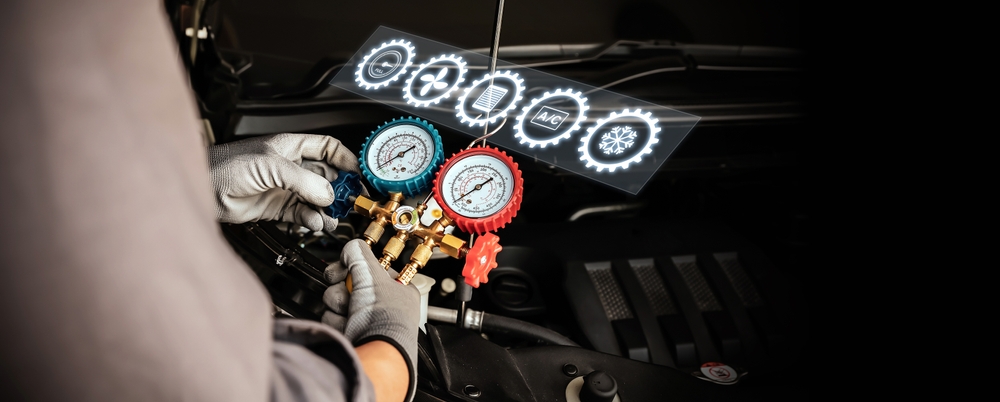Police Impound Cars: A Surprising Opportunity for Car Buyers
When law enforcement agencies seize vehicles due to unpaid fines, criminal activity, or abandonment, these cars often end up in police impound lots awaiting their next owners. What many potential car buyers don't realize is that these impounded vehicles represent a largely untapped market for affordable transportation. Unlike traditional dealerships with high markups, police impound auctions offer direct access to a wide variety of vehicles at prices significantly below market value, making car ownership more accessible to budget-conscious buyers.

Discover How Police Impound Car Listings Reveal Surprisingly Affordable Vehicle Options
Police impound car listings provide a unique window into an alternative car-buying marketplace that operates differently from conventional dealerships. These listings typically feature vehicles that have been seized, abandoned, or forfeited to law enforcement agencies. The inventory ranges from economy sedans to luxury vehicles, trucks, and SUVs. Because these cars are sold primarily to clear storage space and recover costs rather than maximize profit, prices often start at a fraction of their retail value. Many jurisdictions maintain online databases where potential buyers can browse upcoming auction inventories, complete with vehicle descriptions, condition reports, and starting bid amounts. This transparency allows buyers to research options thoroughly before committing to attend an auction.
The affordability factor stems from several sources. First, police departments are motivated to move inventory quickly to avoid ongoing storage fees. Second, these vehicles bypass the typical dealer markup structure. Third, many impounded cars are sold as-is, which reduces the seller’s preparation costs but also means buyers should conduct thorough inspections. Savvy purchasers who understand basic vehicle mechanics or bring along a trusted mechanic can identify diamonds in the rough—well-maintained vehicles that simply ended up impounded due to their previous owner’s legal or financial troubles rather than mechanical issues.
Explore Why More Buyers Are Turning to Impound Auctions for Budget-Friendly Car Finds
The growing interest in impound auctions reflects broader economic trends and increased awareness of alternative purchasing channels. As new car prices have climbed and even used car markets have tightened, cost-conscious buyers have sought creative solutions. Impound auctions answer this need by offering direct access to vehicles without middlemen. Additionally, the rise of online auction platforms has made participation more convenient, eliminating the need to physically visit multiple impound lots.
Another driving factor is the diverse inventory available. Unlike dealerships that specialize in certain brands or vehicle types, impound lots contain whatever happens to be seized or abandoned in their jurisdiction. This variety means buyers can find unexpected options they might not have considered otherwise. From work trucks for contractors to fuel-efficient commuter cars for students, the range accommodates different needs and budgets.
The community aspect also plays a role. Many regular auction attendees develop expertise in evaluating vehicles quickly and understanding bidding dynamics. Online forums and local groups share tips about upcoming auctions, vehicle history research methods, and negotiation strategies. This collective knowledge helps newcomers navigate the process more confidently and avoid common pitfalls.
Learn How Police-Seized Vehicles Can Offer a Practical Path to Owning a Reliable Car at a Lower Cost
Acquiring a reliable vehicle through police impound channels requires preparation and realistic expectations. The key to success lies in thorough research and careful inspection. Before attending any auction, potential buyers should obtain vehicle identification numbers from listings and run history reports to check for accidents, title issues, or outstanding liens. While impounded vehicles are typically sold with clear titles, verifying this beforehand prevents costly surprises.
Inspection is critical because most impound sales are final with no warranties or return options. Arriving early to auction previews allows time to examine vehicles closely, check fluid levels, look for rust or body damage, test electronics, and assess tire condition. Bringing a mechanic or knowledgeable friend provides an expert second opinion. Some buyers focus on newer vehicles with lower mileage that were impounded for minor infractions, as these often require minimal repairs.
Setting a firm budget before bidding prevents emotional overspending in the heat of an auction. Successful buyers research comparable vehicle values using online pricing guides and factor in potential repair costs when determining their maximum bid. They also account for auction fees, taxes, registration, and any immediate maintenance needs. This disciplined approach ensures the final cost remains genuinely affordable compared to traditional purchasing methods.
| Vehicle Type | Typical Starting Bid Range | Common Condition | Potential Total Cost |
|---|---|---|---|
| Economy Sedans | $500 - $2,000 | Fair to Good | $1,500 - $4,000 |
| Mid-Size SUVs | $1,500 - $4,000 | Fair | $3,000 - $7,000 |
| Pickup Trucks | $1,000 - $3,500 | Variable | $2,500 - $6,500 |
| Luxury Vehicles | $2,000 - $6,000 | Fair to Poor | $4,000 - $10,000 |
| Motorcycles | $300 - $1,500 | Fair | $800 - $3,000 |
Prices, rates, or cost estimates mentioned in this article are based on the latest available information but may change over time. Independent research is advised before making financial decisions.
Understanding the Auction Process and What to Expect
Police impound auctions follow structured procedures that vary by jurisdiction but share common elements. Most require pre-registration, either online or in person, and may request identification and proof of funds. Some auctions accept only cash or cashier’s checks, while others permit credit cards with additional fees. Understanding payment requirements beforehand prevents last-minute complications.
Auctions typically proceed quickly, with auctioneers moving through inventory at a steady pace. Bidders signal their offers through raised hands, numbered paddles, or online clicks depending on the format. When a vehicle reaches its reserve price or the bidding concludes, the highest bidder wins and must complete payment within a specified timeframe, often the same day. Winners then receive temporary documentation to remove the vehicle from the lot, with official title transfer following within weeks.
First-time participants should observe an auction before bidding to understand the rhythm and etiquette. Watching experienced bidders reveals strategies like waiting until bidding slows before entering or recognizing when to walk away from overpriced vehicles. This learning period increases confidence and improves decision-making during actual participation.
Potential Challenges and How to Navigate Them
While police impound auctions offer genuine savings opportunities, they come with inherent challenges. The as-is nature of sales means buyers assume all risks regarding vehicle condition. Some cars may have mechanical issues, body damage, or missing components. Others might have been poorly maintained by previous owners or sat idle for extended periods, leading to battery, tire, or engine problems.
Title complications occasionally arise, particularly with abandoned vehicles where ownership history is unclear. Although agencies work to clear titles before auction, buyers should verify documentation carefully and understand their recourse if issues emerge post-purchase. Some jurisdictions offer limited title guarantees, while others provide none.
Competition at popular auctions can drive prices higher than expected, sometimes approaching retail values for desirable vehicles. Experienced flippers and dealers often attend these sales, bringing expertise and willingness to bid aggressively. Individual buyers must remain disciplined, remembering that walking away empty-handed is better than overpaying for a questionable vehicle.
Making an Informed Decision
Police impound car auctions represent a legitimate avenue for acquiring affordable transportation, particularly for buyers willing to invest time in research and accept some uncertainty. The potential savings can be substantial, especially for those with mechanical knowledge or access to affordable repair services. However, success requires realistic expectations, thorough preparation, and disciplined bidding.
Prospective buyers should start by locating auctions in their area through law enforcement websites, auction companies specializing in government sales, or online platforms. Attending as an observer first builds familiarity with the process. Gradually developing expertise in vehicle evaluation and auction dynamics increases the likelihood of finding reliable transportation at genuinely reduced costs. For budget-conscious individuals seeking practical alternatives to traditional car buying, police impound auctions offer a viable option worth exploring.




